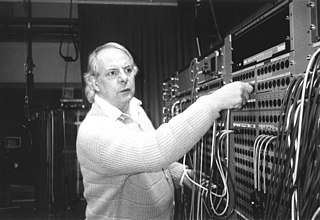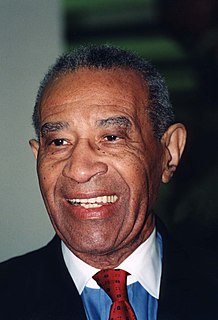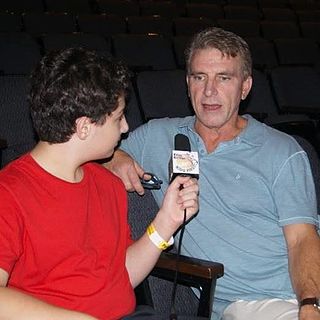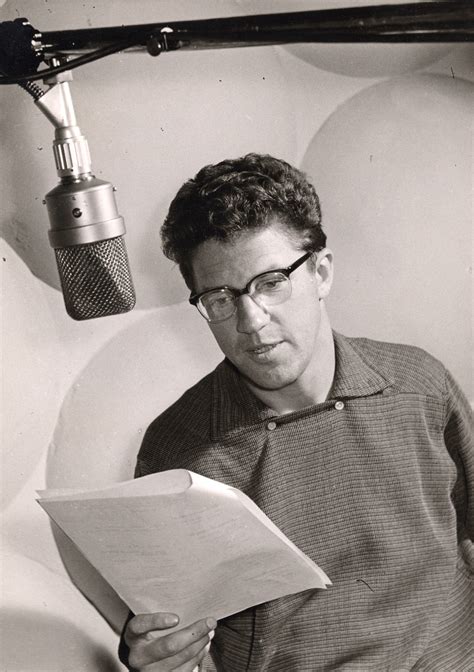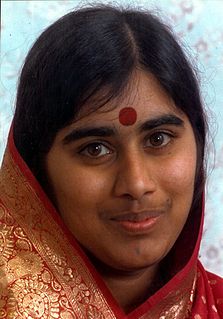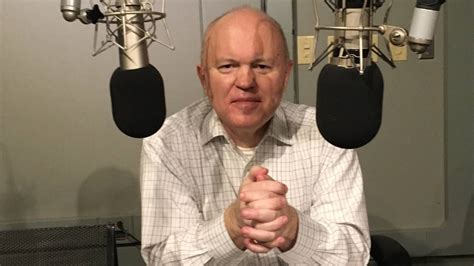A Quote by Karlheinz Stockhausen
But since the middle of the century in particular, the music has become very irregular in rhythm.
Related Quotes
The white music was melodic and pretty, and you had beautiful women's voices like Gogi Grant and even the Andrews Sisters. Then I went directly to rhythm and blues, which had beautiful voices but not much melody in particular and pretty much the same chord pattern. I loved it, I was entrenched in it, but then folk music came in the middle of that for me, and made its own path. And it was part of the rebellion against bubblegum music, or music that is pretty but doesn't say anything.
At the root of all power and motion, there is music and rhythm, the play of patterned frequencies against the matrix of time. We know that every particle in the physical universe takes its characteristics from the pitch and pattern and overtones of its particular frequencies, its singing. Before we make music, music makes us.
